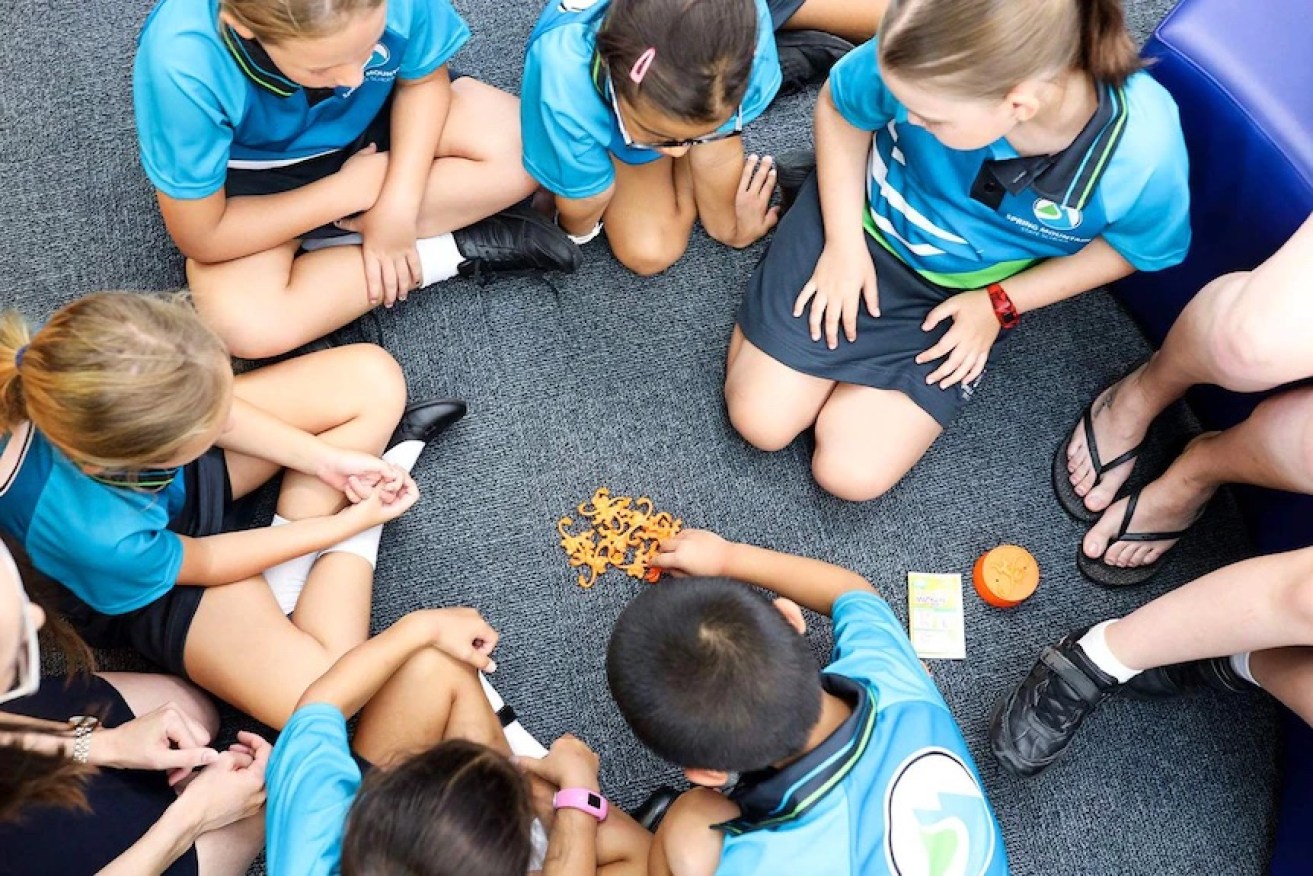What’s Prep all about? Turns out Education Queensland doesn’t know for sure
You would think those who introduced such a fundamental policy change as adding an extra year of schooling would be interested in the outcome. Think again, writes David Fagan


The first three years of students to go through prep with 13 years of school are now in the workforce or the tertiary or further education systems. (Image: Tim Swanston/ABC News)
The annual testing of school students, designed to inform how we can better educate our children, is now well underway – but is being made less and less relevant by the declining number of children being tested.
The teaching unions, some individual teachers and some schools are complicit in this and many parents are happy to go along with the rhetoric that the NAPLAN test is of little value and can be skipped if one desires.
What a shame. The real problem with NAPLAN isn’t the testing of knowledge but the failure to use its data to both improve the schools system and the education of individual students – particularly those most in need and those most likely to skip the test.
This is not just a matter for individual households or the whimsy of teachers but for all of us who invest a lot of money in the education system and rely on it to produce both productive and intelligent citizens of the future. Investment in education (like last week’s trumpeted investment in submarines) creates value for generations across decades.
The introduction of NAPLAN and the limited publication of its results on a school-by-school basis were decisions of the Beattie Government, implemented by the future Premier Anna Bligh when she was Education Minister. The same government also introduced prep school to the state and started secondary school at Year 7, giving our children the same quantity of education as the rest of the country. It was a big, ambitious multi-billion dollar decision, akin for the state, to the scale of the much-lauded submarine deal.
The first three years of students to go through prep with 13 years of school are now in the workforce or the tertiary or further education systems. So, how have they gone? How are they different to the decades of students who had preceded them with only 12 years of school?
Well, it turns out that despite the scale of the investment underpinning reform of the system and the testing along the way, that the Queensland Government doesn’t really know.
I recently asked Education Queensland how it had evaluated the change now its initiates were out of the schools system and who I could talk to about it. Its formal response through a spokesperson was that they had not done any evaluation but believed Queensland students finishing school were better equipped to meet the standards of the national curriculum.
No one from the vast education bureaucracy was available to talk about it but Education Queensland first referred me to a primary school principal and then a secondary school principal for their observations.
I met the impressive new principal of Kelvin Grove State College, Mr Joel Buchholz, who, while unarmed with data, observed that students were coming out of Year 12 with stronger grasp of both humanities and STEM concepts and better equipped to make the leap from school to university.
“We see that from Year 7 when students come in ready to engage with high school and the maturity they need (for its challenges),” he told me.
My respect for principals and their management of the conflicting interests that bubble around schools is high and not diminished by the time I spent with Buchholz who Kelvin Grove has been lucky to snare after a career largely in big regional high schools.
But surely principals like him deserve better systemic support than a bureaucracy that collects endless data which it then doesn’t turn into something as meaningful as understanding the impact of adding an extra year to school.
The closest Queensland has to this is an unpublicised research study by the University of Queensland Institute for Social Science Research which starts with the understandable assumption that early introduction to education is good for children. Its overall conclusion on the Queensland exercise is that the children who were older when they started prep (ie closer to 5 years old than 4 years old) had benefited most from the change. I read that as birth dates mattering more than classroom experiences.
Testing in schools and the value of its data has been my longterm personal bugbear, irritated by some events of the past week.
One was the Productivity Commission report on how to maintain growth which highlighted that many of the essentials of the education system have hardly changed over decades – even though technologies, needs and human behaviour have changed immensely.
The other was the submarine deal hailed as vital because it was a “decadal” decision – as if we rarely make such decisions of consequence. We do all the time – in our families, in our communities and when governments do things such as add an extra year to the education system.
But the smart thing to do is to evaluate them along the way and use what we learn to keep improving. The evidence is that we haven’t when it comes to education . But it’s never too late to learn.












